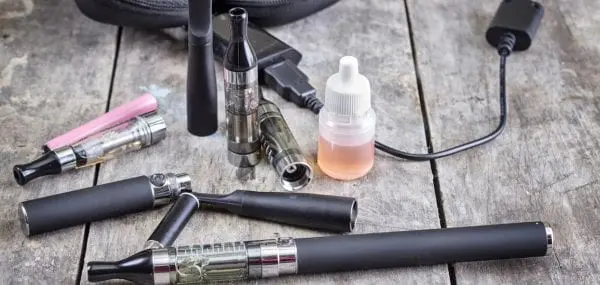Dear Your Teen:
Now that so many states are legalizing marijuana, my friends with older teens tell me that pot use among high schoolers is becoming just as prevalent as alcohol. I would love an article with advice on how to approach this situation.
EXPERT | Kristin Carothers, Ph.D.
It’s an understatement to say this is a timely question for a lot of parents. Though national studies have shown adolescent marijuana use down slightly in recent years, they also show that fewer teens believe marijuana is harmful—a worrying trend. And with the laws changing so rapidly, anecdotal information about teenage use could be more up-to-date than scientific data. Luckily, there are some things that aren’t up for debate.
Talking About the Dangers of Underage Marijuana Use
Marijuana is illegal for teens to use. Consequently, parents should help their children understand the ramifications of taking a hit, which are real. Teenage athletes may lose the opportunity to compete and could risk being kicked off a team. Young people seeking employment could limit their job possibilities should they test positive on a drug test.
Marijuana is not “safe,” even though it is legal in some states. Over the last decade, the perception of marijuana as harmful has steadily decreased. Although perceptions have changed, parents and teens should discuss the risks of all drugs, including cigarettes and alcohol. Teens need to know that marijuana can still have a negative impact on their brains.
Studies show that chronic marijuana use impacts learning, memory, coordination and judgment. In fact, there are studies that report drops in IQ of up to 8 points. THC, the active component in marijuana, contributes to impaired problem solving. This puts teens at greater risk for participation in risky behaviors. And if an adolescent is at risk for certain serious psychiatric disorders, marijuana use can have really deleterious and long-lasting effects.
Encouraging open and honest communication is the best way to ensure your teen has good information and will talk to you. One step—ask your teen questions about the things they’ve heard about drug and alcohol use from their friends. Remind your teen of the rules for your household. And let them know that they can always come to you to talk, no matter what questions they have.




